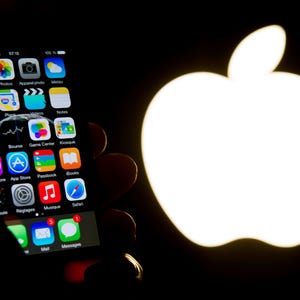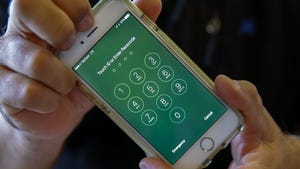That's partly because the classic battle between Apple and the FBI already has divided federal judges in San Francisco and New York, a sure sign of further divisions to come that the nation's highest court would be called on to settle.
But it's also because the issue is national in scope, of fundamental importance, and poses a new front in the skirmish between law enforcement and technology companies. In other words, it may be a hard case for the justices to avoid.
First, the fight must play out at the federal court level, followed by likely appeals. Apple CEO Tim Cook has said his company's defense of iPhone users' privacy is worth an all-out battle.
The remaining question: If the government is on the losing side at the appeals court level, will it seek a Supreme Court showdown? That might depend on the disposition of its investigation into the San Bernardino shootings. But even if the terrorists' phones are no longer central to the probe, the Justice Department may deem the question worthy of the Supreme Court's answer.
University of Washington law professor Ryan Calo called the New York ruling "the first shoe to drop" among many to come. "Depending on how they drop, it could dictate that this case goes all the way to the Supreme Court, as Tim Cook has alluded."
The high court is known for coming late to such old-school technology as e-mail, but it has shown a willingness in recent years to address the clash between the interests of police access and privacy rights — often siding with the latter.
That has prompted eight justices to prohibit the placement of GPS devices on suspects' cars and declare the data inside cellphones and smartphones virtually sacrosanct from police searches. And just last year, they defended free speech on the Internet, even when it comes to an angry, self-styled rapper whose rants made his wife, co-workers and others fear for their lives.



No comments:
Post a Comment